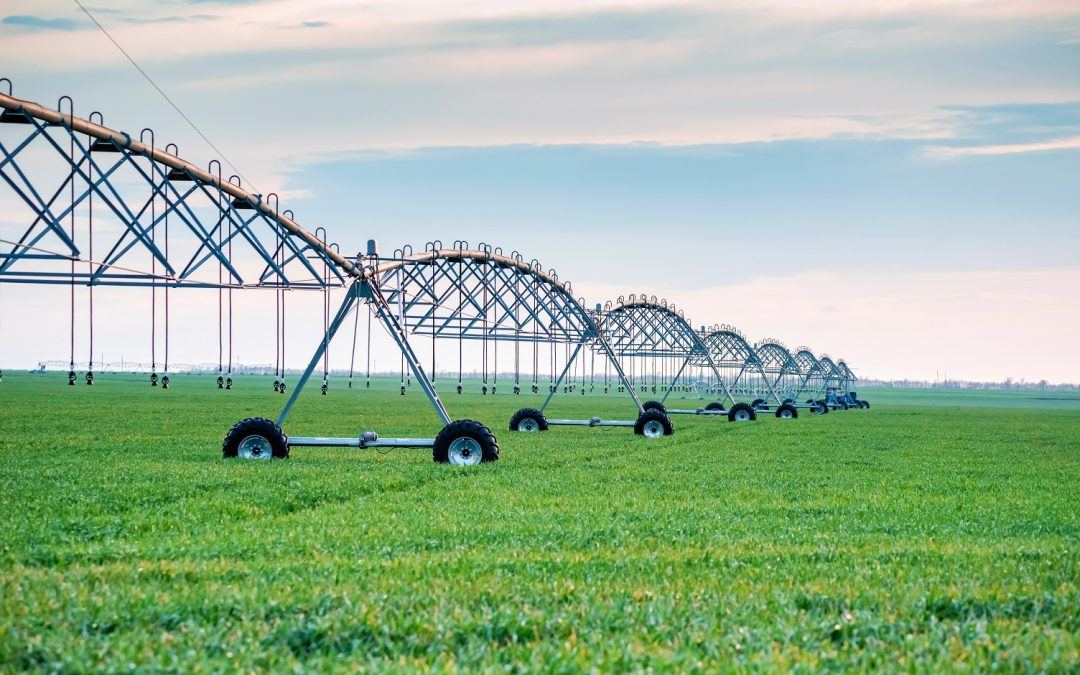In countries around the world, water conservation is becoming a more and more salient issue by the day. As climate change depletes reserves of freshwater, scientists are warning that we could soon enter a global water crisis. In the not-too-distant future, water could become more valuable than any other resource on the planet.
As experts in agriculture and operating loans for farms, we hear a lot of discussion about the future of water. Farmers are concerned about what that future will look like and many are willing to invest in water-saving technology.
While we don’t have all the answers, we do have some suggestions that may help. In this article, we’ll outline some of the most reliable ways to start cutting back on your farm’s water usage.
The Connection Between Agriculture and the Water Crisis
Farmers – and the agricultural industry in general – will have a major role to play in the escalating water crisis. Running a farm requires a significant amount of water. In fact, it’s estimated that as much as 70% of the world’s water goes towards agricultural production. That’s a sobering statistic, but it also has a much more optimistic flipside: By reducing water usage now, farmers have the power to prevent a global water crisis.
Top Three Ways to Start Saving Water on Your Farm
Agriculture will always require water. That said, there are some simple strategies that farmers can adopt to cut back on water usage. If these practices become widespread, they could significantly reduce the risk of a global water crisis.
Here are our top three recommendations for cutting back on water usage:
- Irrigation scheduling. In rainier areas, farmers are beginning to cut back on artificial irrigation through scheduling. When their crops are receiving water through rainfall, they reduce irrigation. You can alleviate pressure on the water table by modifying your irrigation schedule in response to local conditions.
- Rainwater capture. Speaking of rain, did you know that it’s also a common practice to capture and store rainwater? Rainwater storage tanks are quite affordable and are available from most major hardware and appliance retailers. Install one today to start adding some extra security to your farm’s freshwater supply!
- Drip irrigation. Drip irrigation is the practice of delivering water in small quantities directly to a plant’s roots. In this way, soil integrity and vitality is maintained, and large quantities of water are also saved in the process.
Adopting any of the three water-saving technologies outlined above is relatively affordable. But they still require some expense due to the equipment and labor for installation. With that in mind, it’s important to develop a financial strategy before you set out to reduce your water usage. Securing an operating loan for farms can provide you with the financial flexibility that you need to make it happen!
Learn More About Operating Loans for Farms
At MSF Agriculture, we specialize in pairing farmers with the loans they need to expand and renovate their business. Contact us today to learn more about how operating loans for farms can make it easy for you to integrate water-saving technology!

